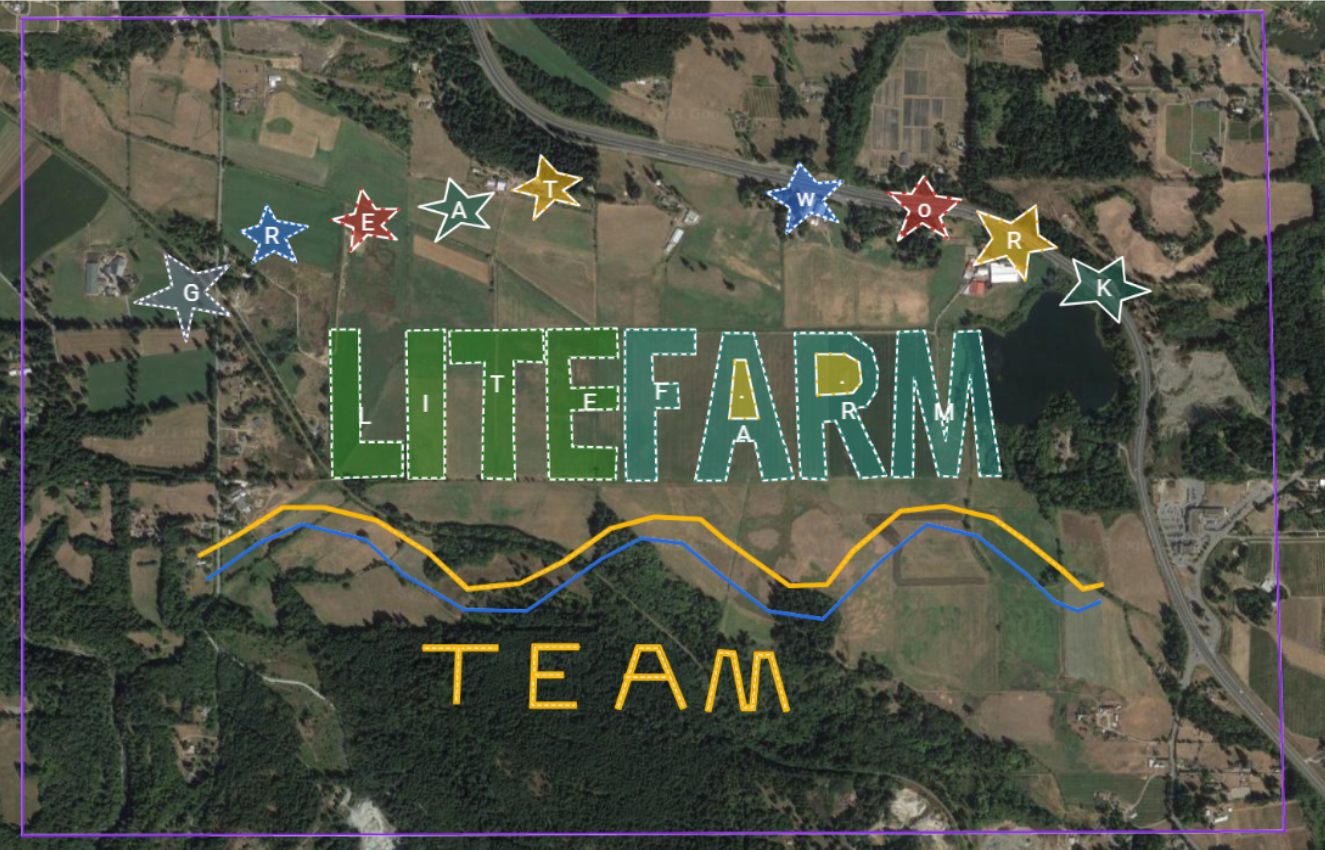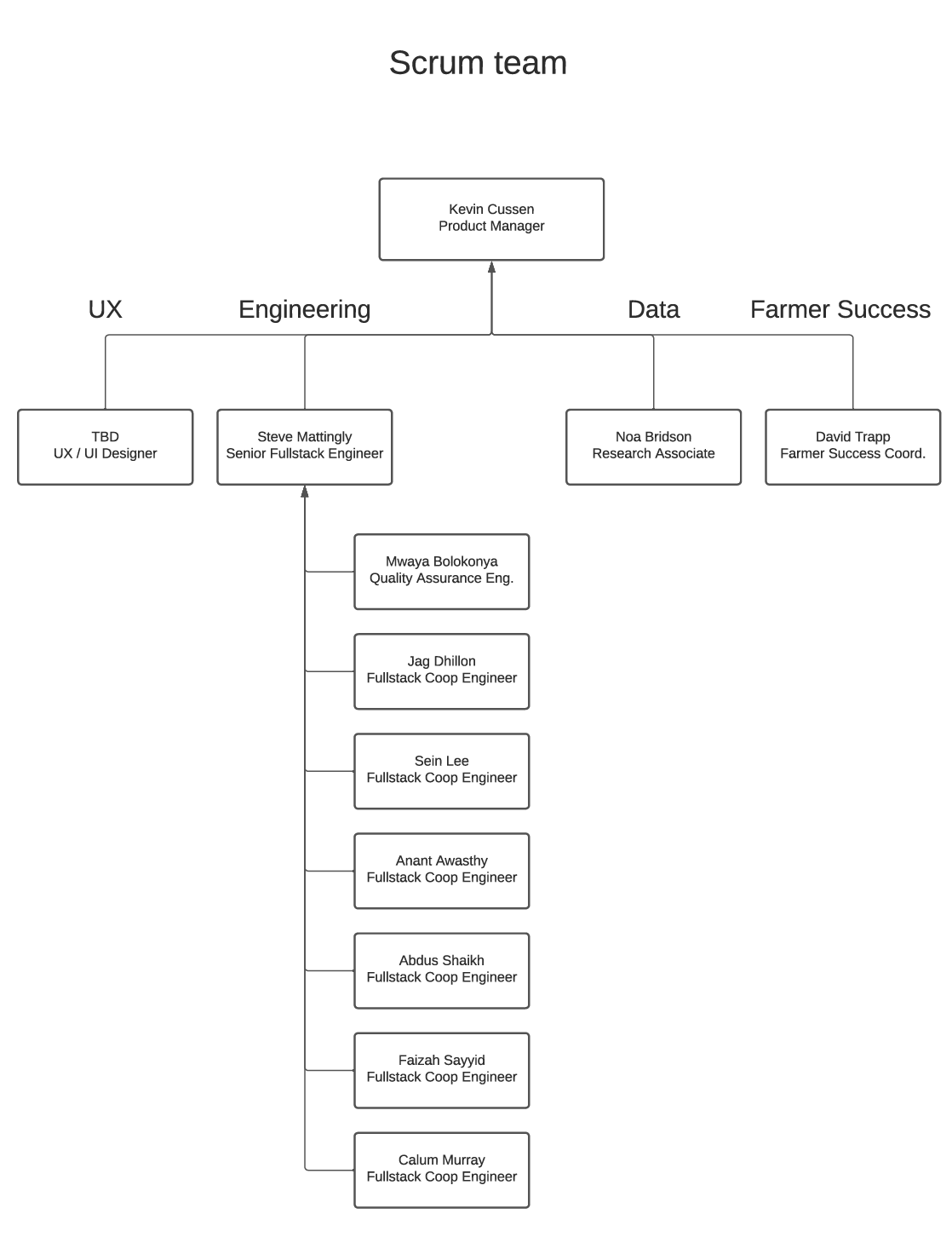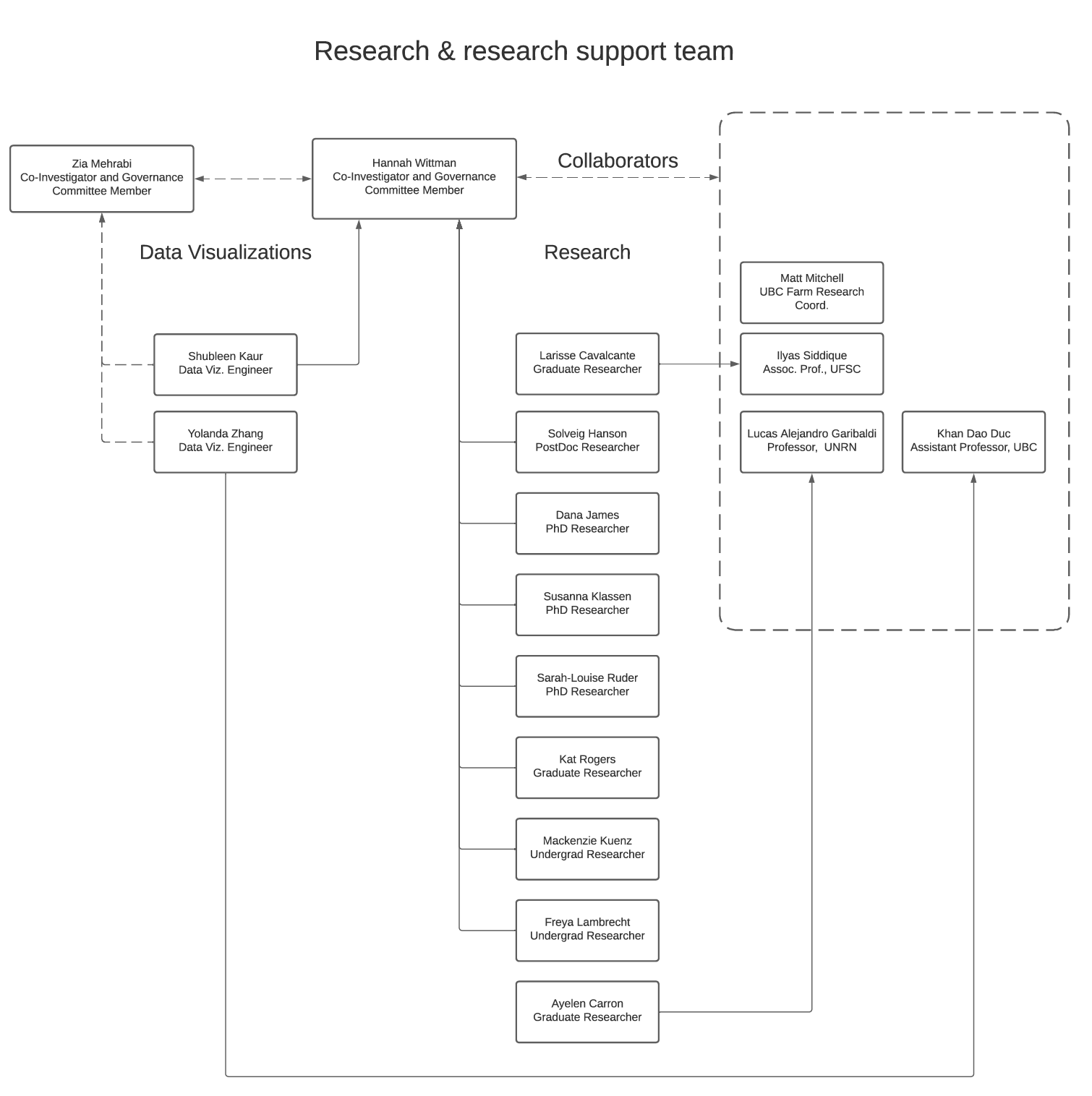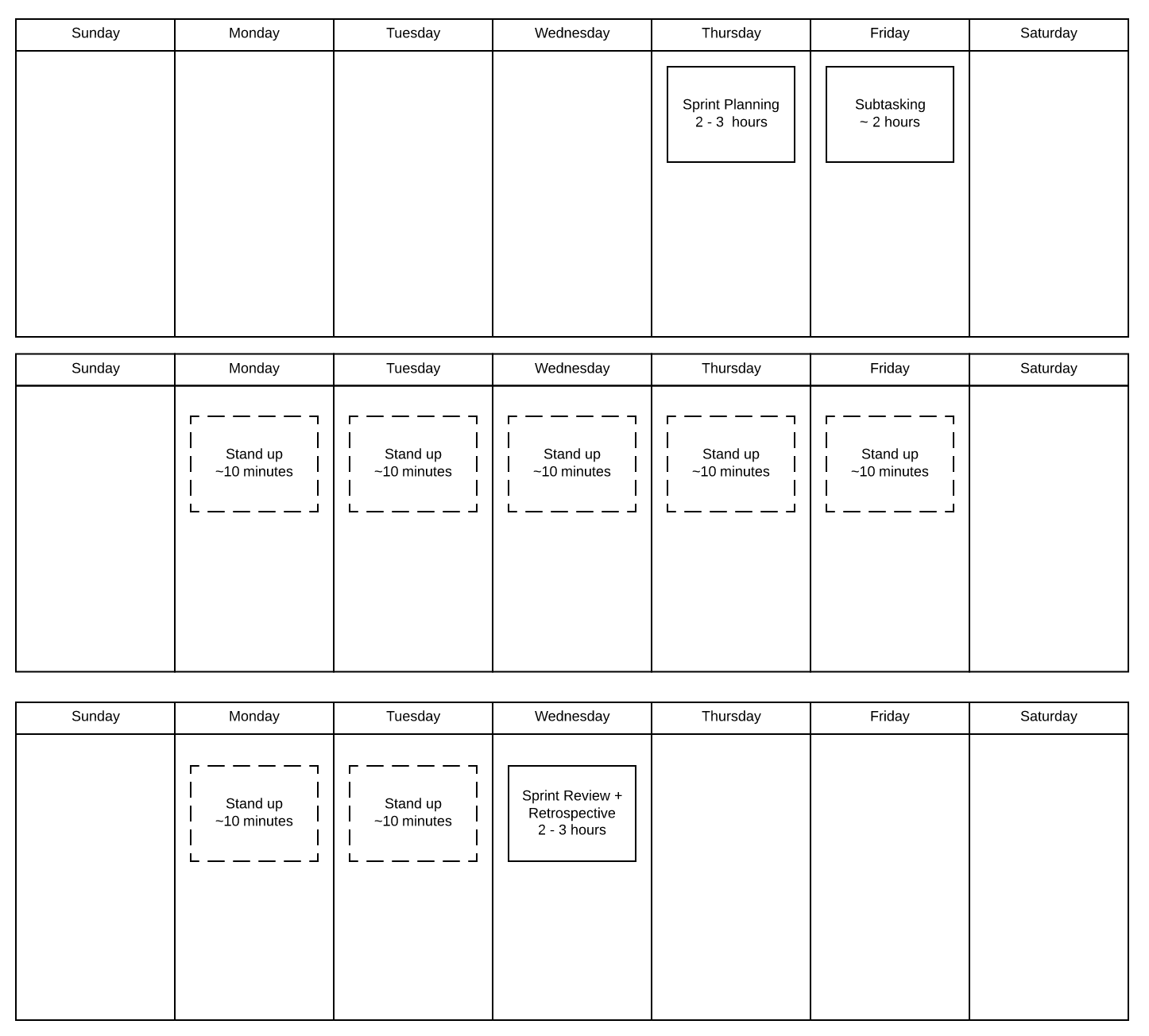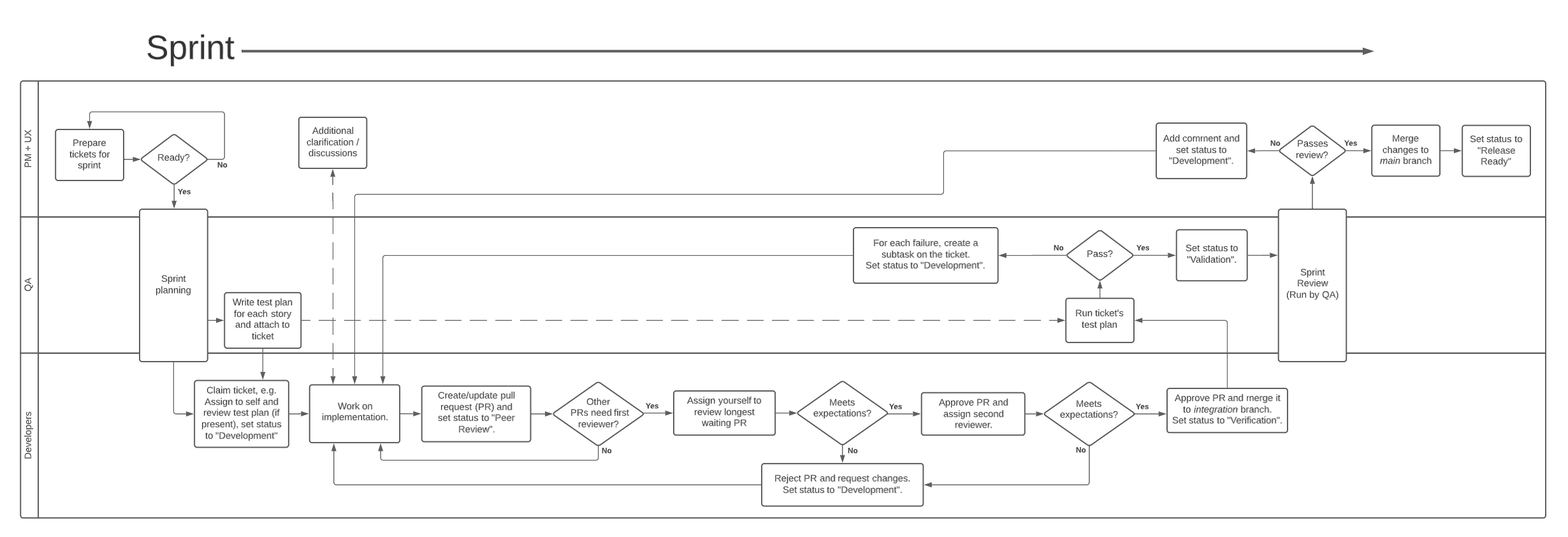Welcome to the LiteFarm team! This article serves as an introduction for incoming coop students and would-be contributors. We’re so excited you’ve decided to join us!
LiteFarm is a free and open source AgTech app tailor-made to help sustainable farmers make the right decisions about the health of their farm, their livelihood, their community, and the planet. The app is currently being used by more than 2,000 farmers in 96 countries and we have ambitious plans to reach more than 10,000 farmers in 2023. The core of our philosophy is building software farmers will actually use. This Paradigm rests on 3 core tenants:
Build functionality farmers need and make it accessible through a clean, accessible UI that farmers can pick up and learn (e.g. Simplicity > Robustness)
Help our farmers make a living!
Give farmers the access to expert knowledge and tools they need to run a successful farm!
These approaches serve the dual purposes of incentivizing adoption of sustainable land use practices through the provision of evidence-based decision support, and significantly increasing the amount of data being collected by diversified farming operations (and thus analyzed by researchers) around the globe. LiteFarm is being developed with farmers at the centre of the design process and built from the ground up with accessibility and utility in mind. We are proud of our Mission Statement :
To meet farmers where they are and equip them with the tools they need to make informed and responsible decisions about the health of their farm, their livelihood, their community, and the planet.
Secondarily, LiteFarm was born as a student developed project and we maintain this commitment to promoting ongoing learning. For students joining us, please know that every single “permanent” member of the team is willing and interested in helping you to become the best possible professional you can be. We want you to know this a space for learning and experimenting, where making mistakes, asking questions, and saying “I don’t know” is completely fine. As a matter of fact, the greatest “sin” is not getting the help you need. We hope you leave your term, two terms, or ten years with the project confident in:
The good work you have contributed to the LiteFarm project
Your ability to operate as a team member in a professional, high performing agile environment
Your knowledge of the PERN stack
We encourage you to tackle every day as an opportunity to learn something new and stretch yourself. Once again, welcome to the LiteFarm team!
Team
This is a directory of the extended LiteFarm team. We’ve outlined working hours, who can help with what, and the best way to get in contact with each person. Please actively reference this if you’ve got a problem and you’re not sure who to talk to.
Name | Role | Approximate Working Hours (PT) | I can help you… | Preferred Method of Communication |
|---|---|---|---|---|
Kevin Cussen ( Lite Farm ) | Product Manager | M - Fr: 9AM - 5PM; 8PM - 11PM (as needed) |
|
|
Senior Full Stack Engineer | M - F: 7AM - 3PM Outside these hours, reach me through Slack. |
| ||
TBD | UX Designer |
| ||
Farmer Success Coordinator | M - F: 5:00 AM - 2 PM |
|
| |
Quality Assurance Engineer | M - F: 5AM - 1PM Reach me outside these hours through slack. |
|
| |
Jag Dhillon | Fullstack Coop Engineer | M - Fr: 9AM - 5PM |
|
|
Sein Lee | Fullstack Coop Engineer | M - Fr: 9AM - 5PM |
|
|
Anant Awasthy | Fullstack Coop Engineer | M - Fr: 9AM - 5PM |
|
|
Abdus Shaikh | Fullstack Coop Engineer | M - F: 5AM - 1PM |
|
|
Faizah Sayyid | Fullstack Coop Engineer | M - F: 6AM - 2PM |
|
|
Calum Murray | Fullstack Coop Engineer | M - F: 6AM - 2PM |
|
|
Noa Bridson | Research Associate | |||
Hannah Wittman | Professor at the Centre for Sustainable Food Systems | By appointment (via email) |
|
|
Sprint Flow
Standard sprint “rituals” (AKA meetings)
Story flow
Tools
Here’s the list of tools you’re likely to use, including descriptions, where you can access them, and whom you should speak with to get access (if you don’t have it).
Tool | Description | To Access.. | Administrator(s) |
|---|---|---|---|
Slack | Primary communication tool |
| |
Jira | Tool for running stories and communicating about stories. Our sprint workflow is described here: https://lite-farm.atlassian.net/wiki/spaces/LITEFARM/pages/31096833 | https://lite-farm.atlassian.net/secure/RapidBoard.jspa?rapidView=1&projectKey=LF |
|
Confluence | Confluence is where we document overarching guidance documents. Guidance documents describe the “spirit” or “rules” of something within the app without getting into individual screens, endpoints, etc. |
| |
Github | Where our code lives |
| |
Git | Distributed version control system |
| |
Figma | Tool for building and sharing UI | View-only access will be embedded into Jira stories |
|
productboard | Roadmap | https://portal.productboard.com/litefarm/1-product-portal/tabs/2-planned |
|
LucidChart | Tool for creating flows | View-only access will be embedded into Jira stories |
|
Digital Ocean | Tool to host the production and integration environments | https://beta.litefarm.org https://app.litefarm.org |
|
TeamCity | The CI/CD process for LiteFarm |
| |
LastPass | Tool for sharing credentials |
| |
EngageBay | LiteFarm CRM | N/A |
|
Communications best practices
We’re a distributed team, so communications are both super-important to getting work done and maintaining a strong team culture. These are a few best practices we can recommend!
Tool | Description | Do | Don’t |
|---|---|---|---|
Slack | We use Slack for 90% of our team communication. It’s nice for discussing topics or jumping on a quick call. If you’re not a pro today, you will be soon! |
|
|
Jira | Jira is where we keep track of stories from sprint to sprint. Conversations specific to a particular story should take place on that story in the comments. |
| |
Confluence | Confluence is where we document overarching guidance documents. |
|
|
Zoom | All our sprint rituals take place on Zoom so they can be easily scheduled. Kevin and David have a full Zoom account. Otherwise, Slack is probably easier. | ||
Email is best for communications that will eventually exit the team, e.g. a question about payroll where we’ll need to cc an HR person. |
| ||
Is someone out of the office, you can try WhatsApping them |
|
First Week Reading List
These documents will prove useful in helping your orientate
Make sure to read the Mission Statement, Vision Statement, and especially the Paradigm to understand how we plan to put LiteFarm in the hands of 10,000 diversified farmers
Vocabulary List - this is a VERY incomplete list of terms that are likely to crop up as you begin to explore the AgTech community. Additional lists here:
/wiki/spaces/LITEFARM/pages/1703965(private) - this is an incomplete list of other digital tools in the space. Some are competitors, some are complements, but all are relevant to what we’re building.
Our roadmap (or what you’ll be building over the next few months…)
UX Guidance - Guidelines for working with the design team and Figma
Additional reading. You do NOT need to read everything on theses lists. Please view it as added context.
Good Reads - Other reads that will orientate you to Agriculture, AgTech, Sustainability, etc.
Other things for developers coming up to speed…
- Check out Introduction to the LiteFarm application.
- Following the README instructions in the code repository, set up your development environment so that you can build and run the latest code on the default branch.
- Begin working through A tour of the codebase and technical stack. Steve Mattingly (Unlicensed) will schedule a series of sessions to discuss this material and address your questions.
- For those new to git, please schedule 30-minutes with Steve Mattingly (Unlicensed) to level-set on using git.
- Co-ops, please (individually) schedule 30-minutes with Steve Mattingly (Unlicensed) to create your learning plan.
